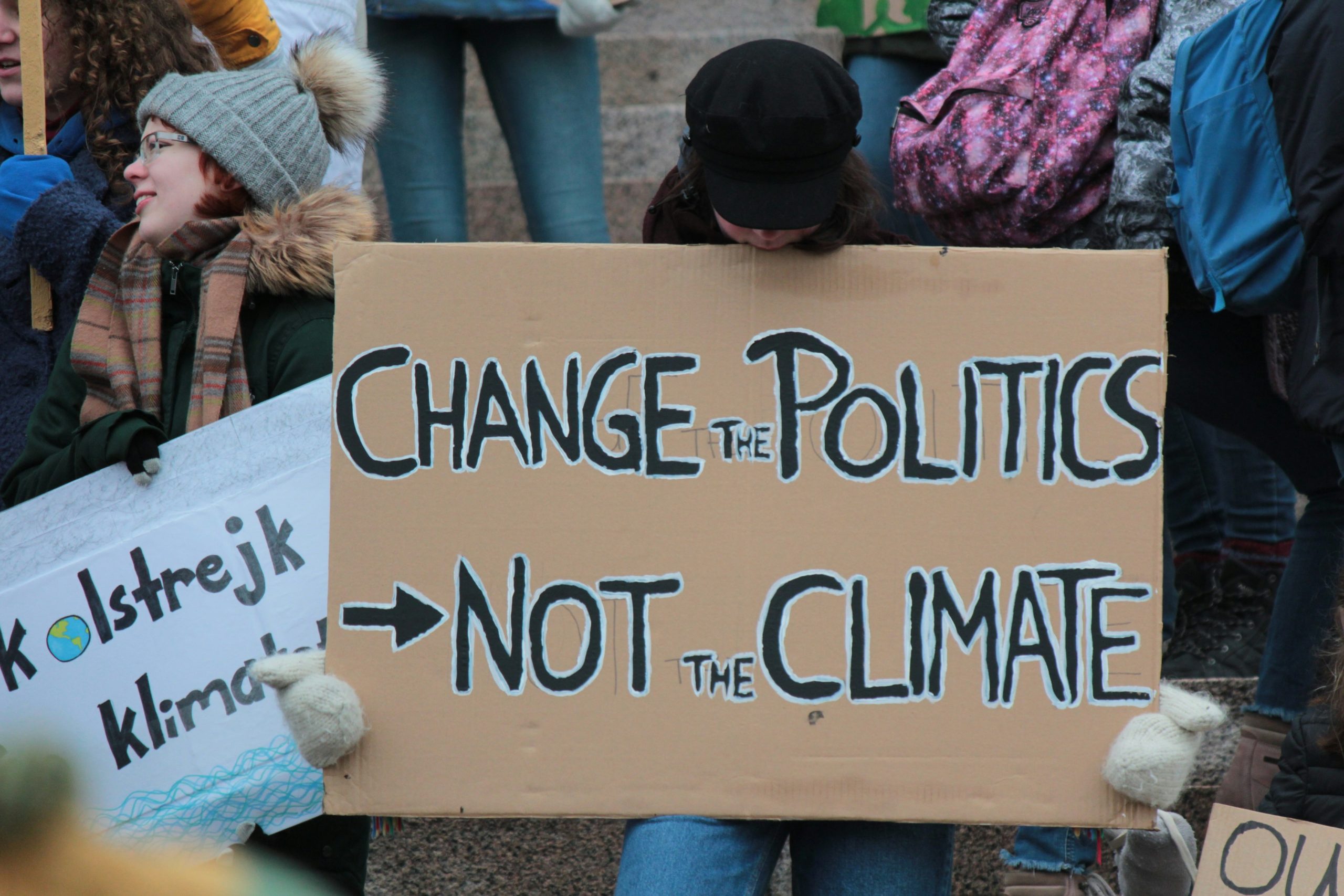The Evolving Landscape of Global Politics: InfoTrendingZone
In the 21st century, the global Politics arena is witnessing profound transformations, driven by technological innovation, shifting power balances, and the pressing urgency of environmental and social challenges. This dynamic landscape offers both opportunities for progress and significant hurdles that must be navigated with care and strategic foresight. This article explores the current state of global politics, delving into the evolution of political systems, the role of democracy and political ideologies, and the complex challenges that define our time.
The Foundations of Political Engagement
At its essence, politics is the mechanism by which societies organize themselves, make collective decisions, and address communal challenges and aspirations. It encompasses the struggle for power and the quest for governance models that effectively balance individual freedom with collective responsibility. Political engagement thus involves a continuous negotiation of interests, with the ultimate goal of achieving a harmonious and prosperous society Global Politics.
Political Systems in Transition
The architecture of global politics is characterized by a diverse array of political systems, each with its unique approach to governance and power distribution. While democracies emphasize the importance of individual rights and the participation of citizens in government decision-making, authoritarian regimes concentrate power in the hands of a single entity or a small group. In the contemporary world, we are witnessing a fluidity in the nature of political systems, with democratic institutions facing challenges of polarization, misinformation, and disenchantment among the electorate, while some authoritarian regimes strive for legitimacy and stability through economic development and nationalist rhetoric Global Politics.
The Influence of Political Ideologies
Political ideologies play a pivotal role in shaping policy and guiding the direction of governments and political movements. These belief systems — from liberalism and conservatism to socialism and environmentalism — offer frameworks for understanding and addressing societal issues. However, the 21st century is also marked by the blurring of ideological lines, as complex global challenges necessitate innovative solutions that transcend traditional political divides. This era is characterized by a pragmatic approach to politics, where the efficacy of policies often takes precedence over ideological purity.
Navigating Global Challenges
Today’s political landscape is fraught with challenges that are inherently global in nature, requiring cooperation and coordination beyond national borders. Climate change, pandemics, economic inequality, and the digital revolution are just a few of the issues that demand a collective response from the international community. The effectiveness of this response hinges on the ability of nations to transcend short-term interests in favor of long-term global well-being.
Democracy and Its Discontents
While democracy remains a cherished ideal for much of the world, its practice is under scrutiny. Issues such as electoral integrity, the influence of money in politics, and the erosion of civil liberties are testing the resilience of democratic systems. Additionally, the rise of populist movements has highlighted the discontent of segments of the population that feel marginalized by globalization and technological change. Addressing these concerns requires a recommitment to the principles of democracy, including inclusivity, transparency, and accountability Global Politics.
The Role of International Institutions
In an interconnected world, international institutions play a crucial role in facilitating dialogue and action on global issues. Organizations like the United Nations, the World Trade Organization, and the World Health Organization are tasked with promoting peace, economic development, and public health, respectively. However, the effectiveness of these institutions often depends on the political will of their member states, highlighting the importance of global leadership and shared responsibility.
Looking Forward: The Path Ahead
The future of global politics will be shaped by our collective ability to address the challenges of the present while anticipating the needs of the future. This requires not only innovative policy solutions but also a reinvigorated commitment to the values of cooperation, equity, and sustainability. As we navigate the complexities of the 21st century, the resilience and adaptability of political systems, institutions, and communities will be paramount in steering the course toward a more just and prosperous world.
In conclusion, the evolving landscape of global politics presents a mosaic of challenges and opportunities. The path forward necessitates a nuanced understanding of the intricacies of political engagement, a commitment to democratic principles, and a concerted effort to forge international collaboration. As the world grapples with unprecedented challenges, the quest for effective governance and global cooperation remains more critical than ever.
Read More Content On InfoTrendingZone Click Here

Your article helped me a lot, is there any more related content? Thanks!